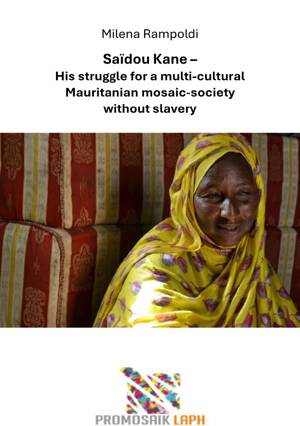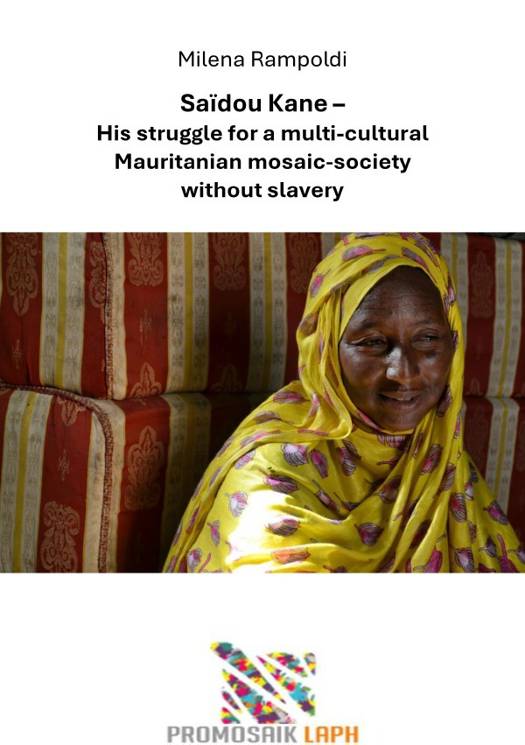
- Afhalen na 1 uur in een winkel met voorraad
- Gratis thuislevering in België vanaf € 30
- Ruim aanbod met 7 miljoen producten
- Afhalen na 1 uur in een winkel met voorraad
- Gratis thuislevering in België vanaf € 30
- Ruim aanbod met 7 miljoen producten
Zoeken
Saïdou Kane - His struggle for a multi-cultural Mauritanian mosaic-society without slavery
DE
Milena Rampoldi
Paperback | Engels
€ 21,95
+ 43 punten
Omschrijving
In this book, the human rights activist and translator Milena Rampoldi of ProMosaik introduces the life and ideas of the sociologist and historian from Mauritania Saïdou Kane (Tékane 1947 Dakar 2006) and his essay entitled History of slavery and anti-slavery struggles in Mauritania. She starts from the fundamentally egalitarian meaning declared in the Quran 90:12-13, where it says: "And what can make you know what is [breaking through] the difficult pass? It is the freeing of a slave."The existence of slavery in Mauritania is the exact opposite of the basic Islamic understanding of the total equality/equity of all human beings.Saïdou Kane can be seen as a ground-breaking African sociologist struggling for a new paradigm of sociological studies based on egalitarianism, multi-culturalism/mosaic society, and abolitionism without any compromise with the ruling class.She affirms: "I am convinced that only if the religion of Islam is perceived and applied as completely egalitarian both the complexity and fragility of Mauritania can be overcome by a mosaic of ethnic and social groups which are all united by Islam used as a force for change, social transformation, radical justice, and equality/equity by at the same time respecting cultural and ethnic diversity. For me, anti-slavery struggle in Mauritania means the struggle against slavery in the name of egalitarian Islam which is the only interpretation possible if we deeply analyse the Quran. And this deep and radical egalitarianism is at the same time the supreme expression of the acceptance of ethnic, social, economic, and gender-related diversity."
Specificaties
Betrokkenen
- Auteur(s):
- Uitgeverij:
Inhoud
- Aantal bladzijden:
- 316
- Taal:
- Engels
Eigenschappen
- Productcode (EAN):
- 9783819040160
- Uitvoering:
- Paperback
- Afmetingen:
- 148 mm x 210 mm
- Gewicht:
- 411 g

Alleen bij Standaard Boekhandel
+ 43 punten op je klantenkaart van Standaard Boekhandel
Beoordelingen
We publiceren alleen reviews die voldoen aan de voorwaarden voor reviews. Bekijk onze voorwaarden voor reviews.











